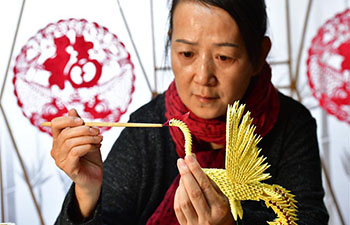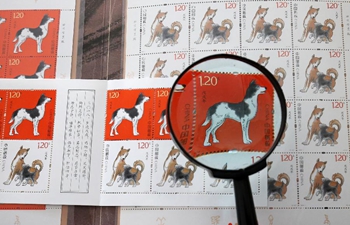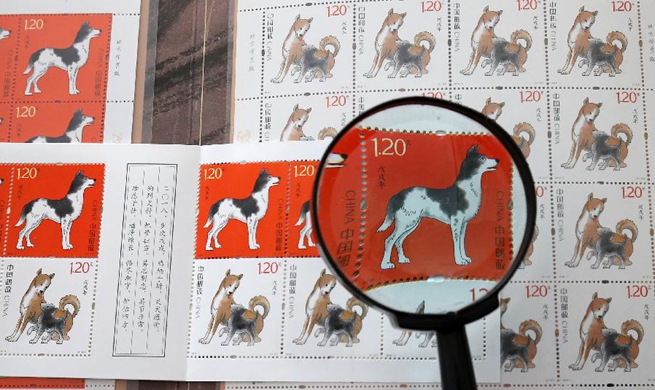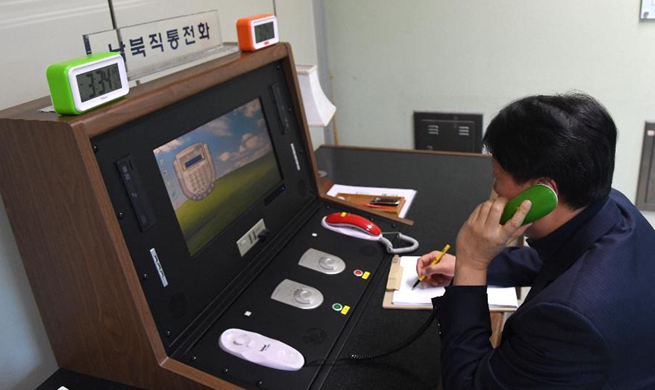SINGAPORE, Jan. 3 (Xinhua) -- The Singapore Institute of Purchasing and Materials Management (SIPMM) announced on Wednesday that the country's purchasing managers' index (PMI), an early indicator of manufacturing activity, declined from 52.9 in November to 52.8 in December 2017.
Meanwhile, the PMI of Singapore's electronics sector declined from 53.5 to 53.2.
A reading of 50 and above indicates expansion, while a reading below 50 indicates contraction.
Selena Ling, head of Treasury Research & Strategy of OCBC Bank, said the declines in both manufacturing and electronics PMIs are modest easing, as both indices remain in the expansion territory.
In particular, the electronics PMI print remains near its highest level of 53.5 since July 2010, which is encouraging that the key driver for the manufacturing sector is not rapidly losing altitude, she said.
Singapore's Ministry of Trade and Industry said on Tuesday the country's manufacturing momentum softened 11.5 percent last quarter, compared to a quarter-on-quarter 38-percent rise in the third quarter of 2017.
"This brought the full year manufacturing growth to 10.5 percent year on year in 2017, which is a sharp improvement from the 3.6 percent year on year seen in 2016, but we anticipate that the 2018 outlook for manufacturing growth will be a more modest single digit growth of 4.9 percent year on year," Ling said.
The manufacturing momentum may cool further as the regional manufacturing PMI prints in Asia-Pacific are somewhat mixed, she said, adding it was disconcerting that the manufacturing PMIs for South Korea, Malaysia and Indonesia had slipped into contraction territory last December.

















